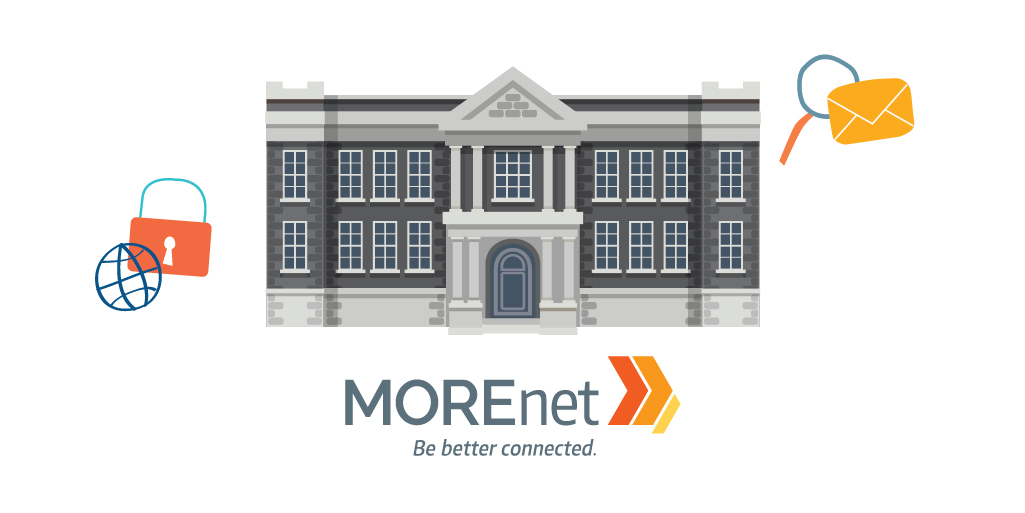
Hello friends! Alas, another post about Artificial Intelligence! But in this post, I want to share some of the most helpful scholarly sources that I’ve found and read. Each of these resources are carefully put together by academics and those deeply invested in AI powered technology. If you want to have a better understanding of how AI works and the nuances of how it might change education, these resources are for you. Most discussions at a popular level revolve around ChatGPT and what that will do- but of course, the conversation is much bigger than that. Here are resources that I have read (and/or are still reading) that have shaped my understanding.
- Artificial Intelligence in Education: Promises and Implications for Teaching & Learning.
This is jam-packed with data, written by 3 scholars- hailing from MIT, Oxford, and Harvard. You’ll need to comb through this resource slowly, as it’s not written at the popular level. Many of the arguments are theoretical, but they are scientific and worthy of consideration. Not everything they say will ease your mind or resolve the issues that the education system has- but the main take away from them is this: For artificial intelligence to be utilized in the school system effectively, our entire structure would need to change. Otherwise, AI has limited, and might even have largely harmful effects. In other words, we cannot simply “integrate” AI tools into the classroom and expect to see helpful results.
2. The Ethics of Artificial Intelligence in Education: Practices, Challenges, and Debates
This book, dare I say, is heftier than the first resource. This is because it’s an anthology, crafted by dozens of scholars- with the focus of the book being the ethics of AI. They are thinking largely of teachers, students, and policy makers when they write. The authors concern themselves with everything from “Algorithmic Fairness”, “Student centered requirements for the ethics of AI in education”, to “Integrating AI ethics across the computing curriculum”. The downside of this book is also its strength: namely, it’s so technical that it’s overwhelming at times. However, research here is, on the whole, newer than the research in the first book- though advancements in AI are moving so fast it’s hard to really say something is “new” anymore.
3. The AI Classroom: The Hitchhikers guide to Artificial Intelligence in the Classroom
This book is written at the popular level, and largely written to give teachers ideas. This book, unlike others I’ve read finds its strength in the fact that it really deals with AI broadly. It recommends a host of AI powered tools and websites that are relatively new (usually sometime after 2021) that help teachers restructure their classroom. It moves past so many of the books that are just about ChatGPT. The weakness of this book is that it doesn’t deal with the scholarship I’ve mentioned before about the data surrounding AI use in the classroom at all (I don’t think I found a single scholarly reference or study). In other words, the authors of “The AI Classroom” assume using such techniques and resources will help the classroom and the education establishment (I suppose if the main goal of education is efficiency, then, maybe?). So, using the first 2 resources in tandem with this, will be the key to establishing a healthy AI classroom.
Obviously, there are more books out there on AI and there are many more being written. However, I hope these 3 books find their way into the desks of the many teachers out there who are preparing for another interesting year.
